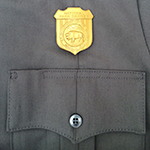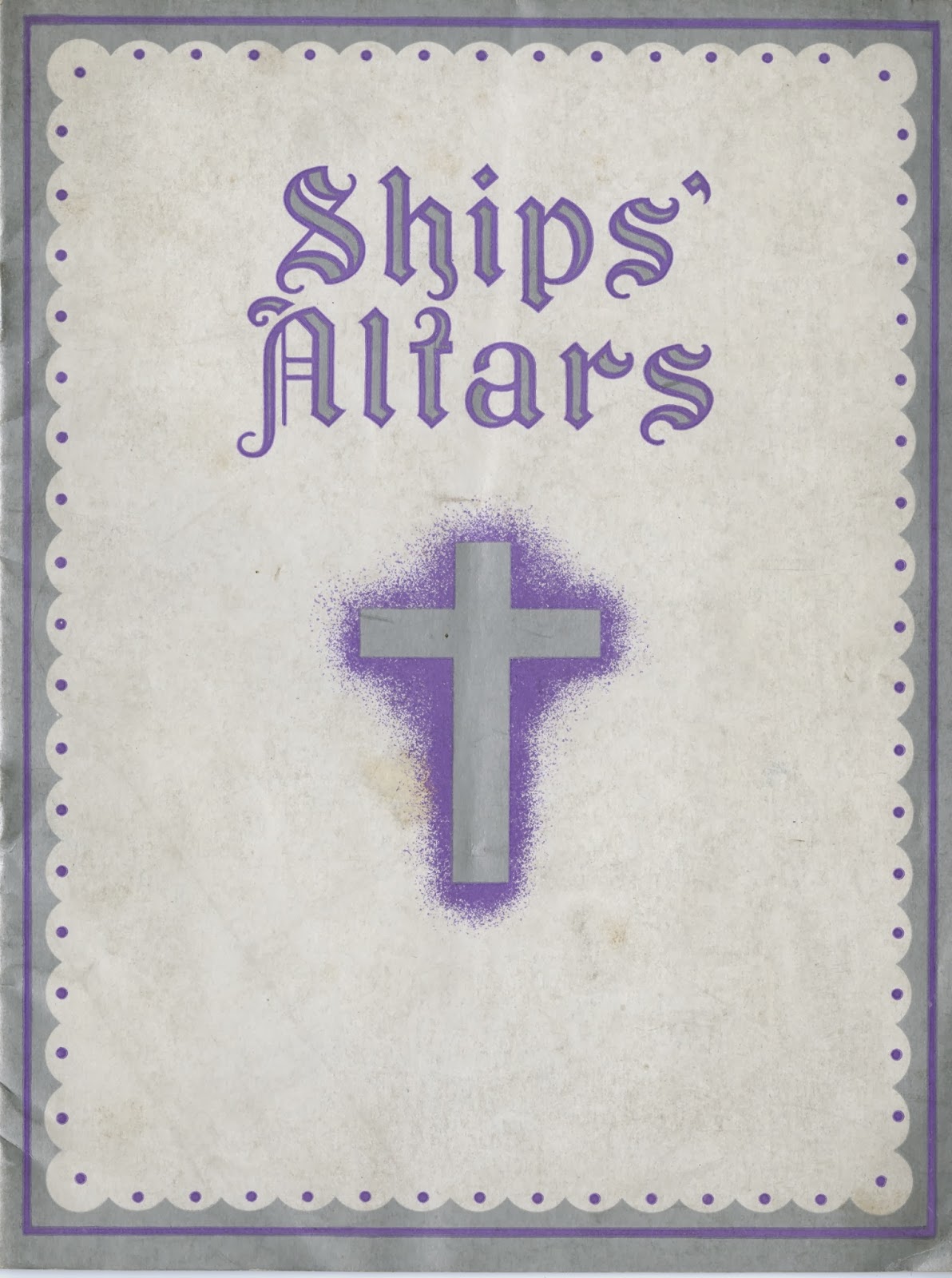(by Gina Bardi, Reference Librarian)
It’s National Poetry Month and I bet you thought I was going to talk about the Rime of the Ancient Mariner or something by John Masefield. While that would be wholly appropriate it would also be something you have most likely seen before, perhaps even
here. As the purpose of my installments is to dig for things buried deep in the collections for you to see, I had a much better idea. I went into our archives and pulled some poems written by various seafarers and passengers for your enjoyment. As opposed to the stereotypical idea of a sailor as somewhat brutish and dull, many sailors were curious, intelligent and in tune with the natural world; after all, they depended on a deep knowledge of not just the sea but what was going both above and below it to survive. They had long stretches to contemplate the world around them and their connection to it. It’s no wonder some of them turned to. For instance, here’s a poem by Captain Roy Moyes from
HDC 235 (SAFR 17110) expressing the feelings of being becalmed both literally and figuratively.
Becalmed
Only the sea, motionless in calm
Only the hope of a stirring breeze;
There’s naught, but the depth’s alluring charm,
Rippling reflections in placid seas-
Only the sails and the dawning sun.
Only the loss of the foaming run.
Yet, deep in the soul the sea reflects
In the light of questing, seeking thoughts
The cause of its wonderful objects
The gale, the calm, the loneliness wrought.
All is still; there is no when, or how-
Only the presence of the now.
The day drifts on, and at evening fall
Golden painted clouds drift idly by:
The sea lies still; and over it all
The awe of silence reigns far and nigh.
Patient we must be, whole darkness hides
The ship and our fate on the still tides.
Moyes was once the captain of our very own
Balclutha, when she was called the
Pacific Queen. Born in Australia to no seafaring parents, Moyes left home at 14 to start a career in the sea, working his way from ordinary seaman to captain. His time spent at sea must have given him much inspiration, for he wrote over 80 poems, many of them long form. As far as I can tell, none have been published.
One of my favorite lighter ones is a toast I found written on a scrap of paper in HDC 833, SAFR 8451, The Captain Peter Petersen Papers. Written at the top of the torn sheet is “This poem Miss Bradley had readen (sic) on the bottle when the skiff was launched this summer after she had painted it.”
Here’s to Peter the Great
May you ever sail in state
Should your mistress have a date
Be sure you’re never late
Scribbling on scraps seems to be a popular method of capturing a fleeting poem. We can’t be sure who this was written by, but it was found in the Walter W. Taylor Papers (
HDC 1454, SAFR 21896). Taylor (or someone else) took a poem by C. Fox Smith entitled “Racing Clippers: A Wool Fleet Memory” and changed it to make it more personal.
Here’s the text of the Taylor collection poem:
There ain’t no racin’ clippers now. Nor never will be again.
And most o’ the ships are gone by now, the same as most of the men.
Like the ships that made a forest on the ‘Frisco waterside
The slashing big four masters from the Mersey on the Clyde
An the Yankee sky’s’l yarders with their plankin’ scoured like snow
loading grain at ‘Frisco,-- Forty years ago
Another one found in the Taylor collection echoes the above poem with a lament of leaving the sea behind.
When I was a boy I strolled
around while the ships were
outward bound.
I had no tin to pay for
gin so I just strolled
around.
My coat was out at the elbows
I was hungry and footsore
So I joined aboard a
full rigged ship called the
“Shanandore”
No more will I go to the sea
or roam the Western ocean
a rolling and a bolling
no more will I go to sea
or roam the western ocean
As long as I live I’ll stay
on shore and go to sea more
no more will I haul on a
lee fore brace, or by those
halyards stand.
no more will I cry as
aloft I fly with a tar pot
in my hand.
No more will I swing on
the big main yard or
walk the capstan round.
No more will I trim the
royals while running the
Easting down.
I mentioned passengers as being poets and boy, do I have a doozy of an example for you. In 1849, an unidentified author set sail from Norfolk to San Francisco on the bark the
John L. Colley (
HDC 27, SAFR 13573). This passenger found the journey so disagreeable, that he wrote a 17 page screed in verse against the captain, of whom he says, “He was the mildest manner’d man who ever scuttled ship or cut a throat”. Here’s the title page so you can see he means business:
That’s a 0 star review if I ever heard one.
I’ll be writing a longer piece about poems in our collection for our website, so be on the lookout. As always, if you’d like to look at any of these poems or the many more in our collection, drop me a line
gina_bardi@nps.gov.
(Addendum: For more about poetry in the archives, see
Poetry in Ocean.--Ed., Apr. 25, 2014)













